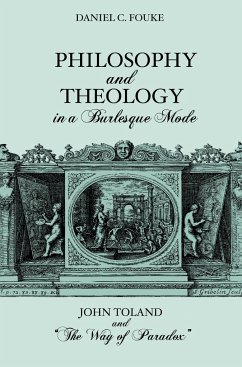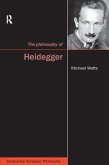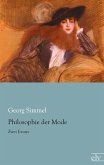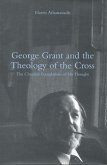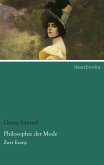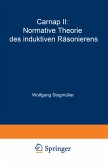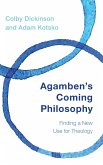Philosopher Daniel C. Fouke sheds the light of rhetorical analysis on a subversive thinker whose challenges to institutional authority have awakened recent scholarly interest. John Toland (1670-1722) was a controversial Irish-born British freethinker, satirist, and critic of traditional Christianity. His work Christianity Not Mysterious, now considered a classic exposition of deism, provoked outrage in its time, but eventually led to a healthy skepticism regarding the historical reliability of the biblical canon. Though little known today, Toland was an acquaintance of Gottfried Wilhelm Leibniz, John Locke, and Anthony Ashley Cooper, Third Earl of Shaftesbury, among others. Fouke argues that Toland's use of language in theology and philosophy represents a neglected current of early modern thought, in significant contrast to Locke, to whom Toland is often compared. Toland's practice of philosophy recognizes a social dimension to knowledge, which cannot be found in many of his contemporaries. Fouke analyzes Toland's "exoteric strategy" of speaking as others speak, but with a different meaning. He argues that Toland's philosophy and theology had little to do with positive expression of beliefs, and that his philosophical aim was not to develop an epistemology, a true metaphysical system, an ideal form of governance, or the basis of ethical obligation, but to find ways to participate in the discourses of others while undermining those discourses from within. Fouke traces Toland's practices to Shaftesbury's conception of a comic or "derisory" mode of philosophizing aimed at exposing pedantry, imposture, dogmatism, and folly. This important study adds new depth to our understanding of a neglected though influential British writer.
Hinweis: Dieser Artikel kann nur an eine deutsche Lieferadresse ausgeliefert werden.
Hinweis: Dieser Artikel kann nur an eine deutsche Lieferadresse ausgeliefert werden.

